The world has learned some tough lessons from recent global health crises. As we’ve seen, a pandemic can strike suddenly, disrupting our daily lives and challenging our ability to stay safe and healthy. Being prepared isn’t about panic – it’s about peace of mind. By taking smart steps now, you can ensure your family is ready for whatever comes next. Here are 15 practical ways to prepare your household for a potential future pandemic.
Stock Up on Non-Perishable Food

Build a pantry that can sustain your family for at least three months. Focus on nutrient-dense, long-lasting foods like rice, beans, canned vegetables, and dried fruits. Don’t forget comfort foods – they can be a real morale booster during stressful times. Rotate your stock regularly, using older items in your daily cooking and replacing them to keep everything fresh. Aim for a variety of foods to ensure balanced nutrition, including proteins, carbohydrates, and healthy fats.
Create a Water Storage System

Clean water is crucial during any emergency. Aim to store at least one gallon per person per day for a minimum of two weeks. Consider investing in a high-quality water filtration system as a backup. Large food-grade plastic drums or stackable water bricks are great for bulk storage, while smaller containers are handy for portability. Don’t forget to include water purification tablets or bleach in your supplies for treating questionable water sources.
Build a First Aid Kit
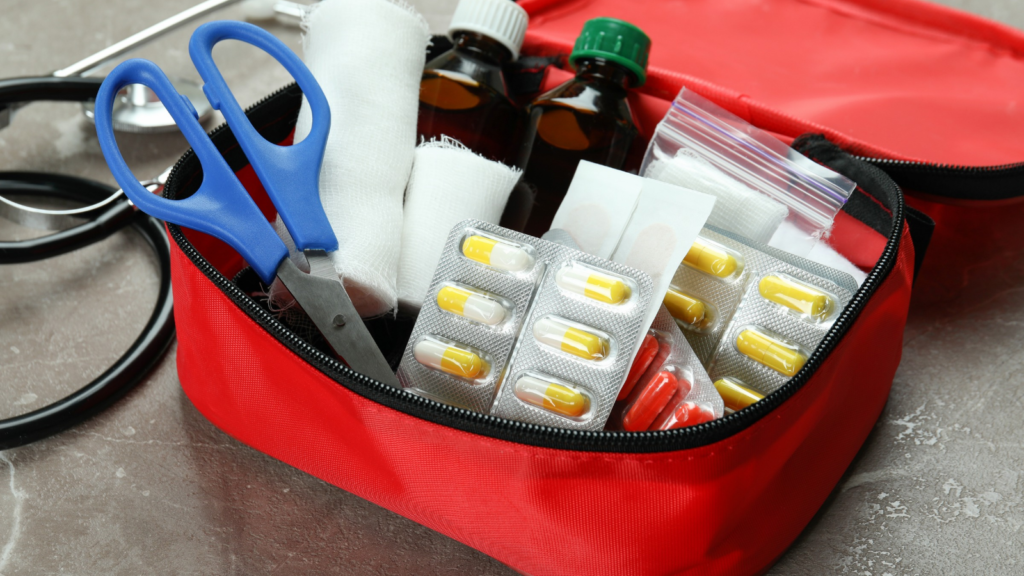
A well-stocked first aid kit is essential. Include basics like bandages, antiseptic wipes, and over-the-counter pain relievers. Add specific items for pandemic preparedness such as thermometers, pulse oximeters, and electrolyte powders. Don’t forget any prescription medications your family relies on – try to keep a 90-day supply on hand if possible. Include a comprehensive first aid manual and familiarize yourself with its contents before an emergency strikes.
Invest in Personal Protective Equipment (PPE)
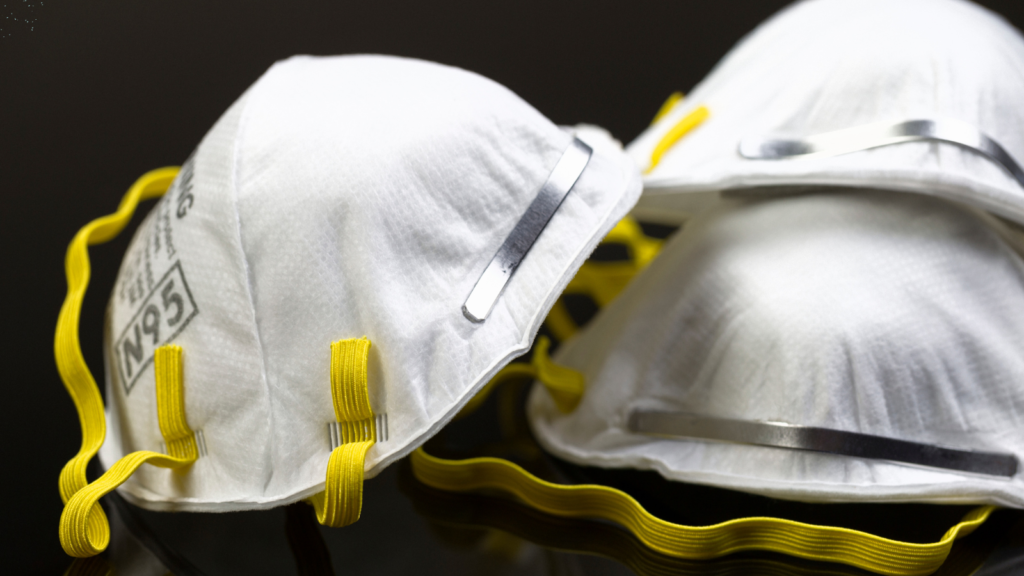
Stock up on high-quality masks, gloves, and hand sanitizer. N95 or KN95 masks offer better protection than cloth masks. Aim for at least 50 masks per family member. Store these items in a cool, dry place to maintain their effectiveness. Remember, having the right gear is only half the battle – practice proper use and disposal techniques. Consider adding face shields and protective eyewear to your PPE arsenal for additional protection in high-risk situations.
Develop a Family Communication Plan
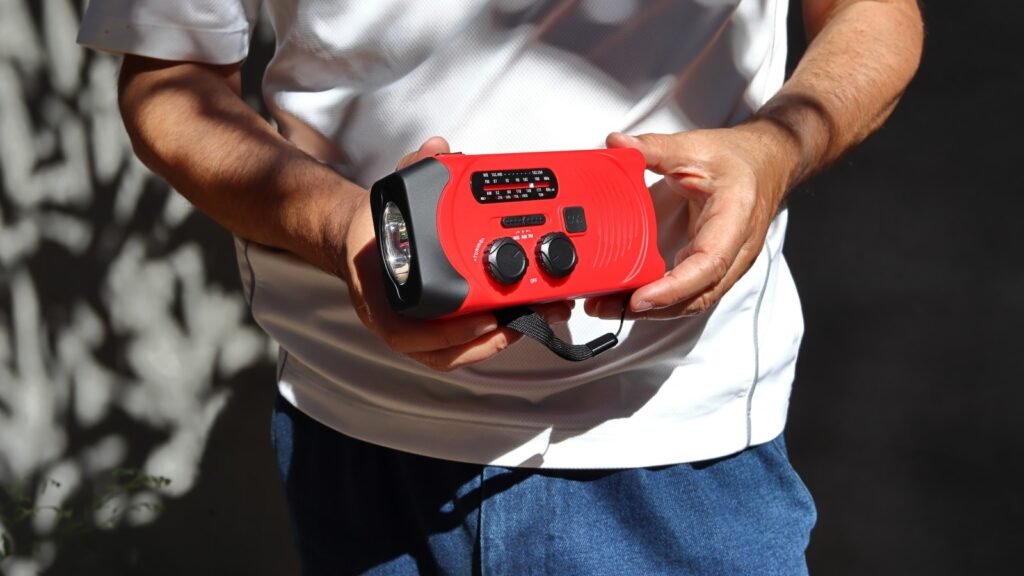
Create a plan for staying in touch if family members are separated. Designate an out-of-area contact as a central point of communication. Write down important phone numbers and keep copies in your emergency kits. Consider investing in a hand-crank radio for emergency broadcasts if cell networks go down. Practice your communication plan regularly, including scenarios where usual communication methods are unavailable.
Set Up a Home Office and School Area

Be ready to work and learn from home. Create dedicated spaces for work and schooling to maintain routine and productivity. Invest in reliable technology like laptops, tablets, and a good internet connection. Don’t forget ergonomic considerations – proper chairs and desks can prevent physical strain during extended periods at home. Consider a backup internet solution, such as a mobile hotspot, to ensure continuous connectivity.
Learn Basic Medical Skills
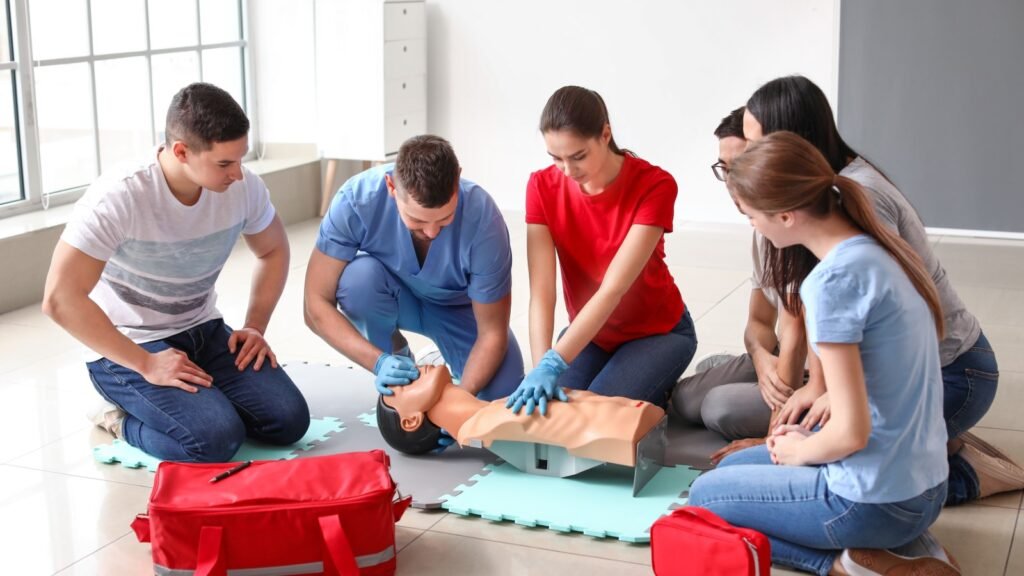
Knowledge is power in an emergency. Take a first aid course and learn CPR. Familiarize yourself with basic medical procedures like taking vital signs and recognizing symptoms of common illnesses. There are many free online resources and courses available to boost your medical know-how. Learn how to properly isolate a sick family member and care for them while minimizing risk to others in the household.
Create an Emergency Fund

Financial preparedness is just as important as physical readiness. Aim to save enough money to cover 3-6 months of expenses. Keep some cash on hand in case of banking disruptions. Consider diversifying your savings into different forms, like precious metals, to hedge against economic instability. Review and update your insurance policies to ensure adequate coverage in various emergency scenarios.
Boost Your Immune System

A strong immune system is your first line of defense. Focus on a nutrient-rich diet with plenty of fruits and vegetables. Consider supplements like Vitamin D, Zinc, and Vitamin C. Regular exercise and adequate sleep are crucial for maintaining a robust immune system. Stress management techniques like meditation can also play a key role in overall health. Incorporate immune-boosting herbs like echinacea, elderberry, and astragalus into your diet or supplement regimen.
Establish a Quarantine Plan
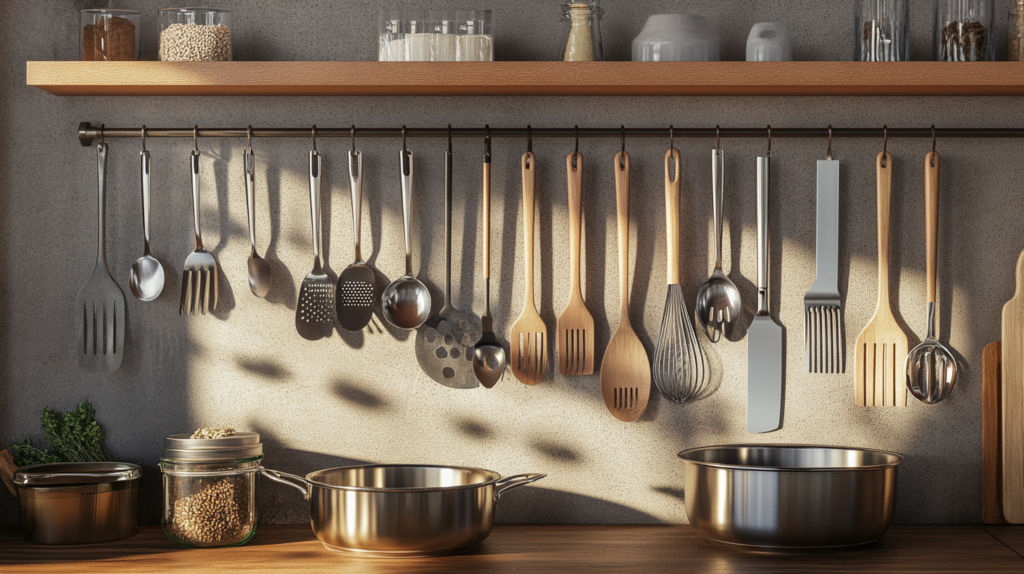
Designate a room in your home for potential quarantine. Stock it with necessities like clean bedding, entertainment options, and a way to communicate with the rest of the household. Plan how you’ll handle daily tasks like meal delivery and waste disposal if someone needs to isolate. Create a checklist of items needed for the quarantine room, including a separate set of dishes, utensils, and cleaning supplies.
Cultivate a Garden

Growing your own food increases self-sufficiency and ensures access to fresh produce. Start small with herbs or container gardening if space is limited. Learn about season extension techniques like cold frames to maximize your growing season. Don’t forget to stock up on seeds – they’re a valuable resource in uncertain times. Consider learning food preservation methods like canning, dehydrating, or fermenting to extend the life of your harvest.
Build a Support Network

Connect with neighbors and like-minded individuals in your community. Establish mutual aid agreements for sharing resources or skills. Join or create a local preparedness group to share knowledge and support each other. Remember, community resilience is key to weathering any crisis. Develop a neighborhood emergency plan that includes checking on vulnerable residents and sharing resources.
Maintain Good Hygiene Practices
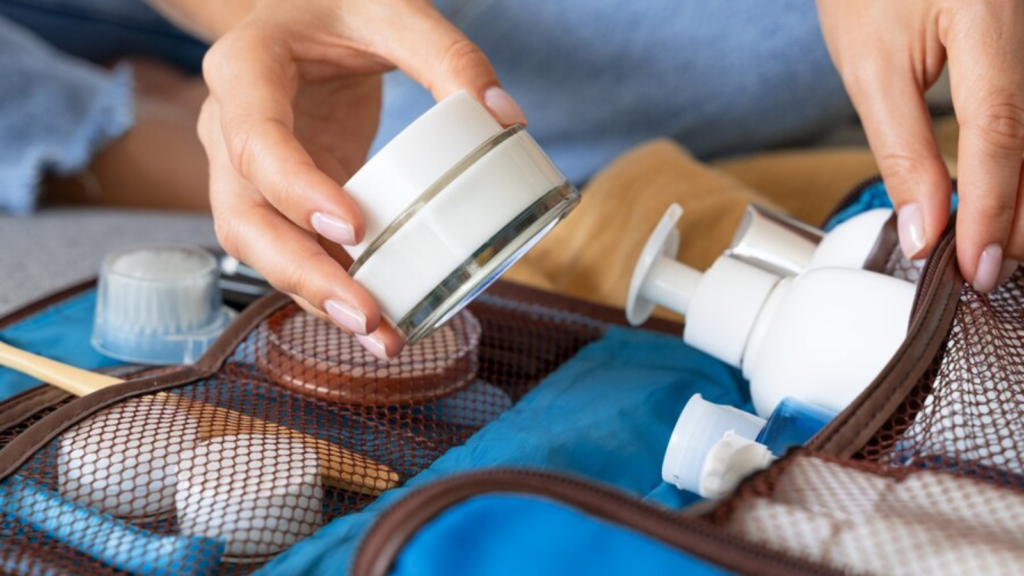
Make thorough handwashing and general cleanliness a habit now. Stock up on cleaning supplies and disinfectants. Learn proper sanitization techniques for high-touch surfaces in your home. Consider installing touchless faucets or soap dispensers to minimize germ spread. Create a cleaning schedule to ensure regular disinfection of high-traffic areas in your home.
Stay Informed, Not Overwhelmed

Identify reliable sources of information and check them regularly. Be wary of misinformation and conspiracy theories. Develop a habit of fact-checking before sharing news. Balance staying informed with mental health – set boundaries on news consumption if it becomes stressful. Consider designating one family member to be the “information officer” who filters and shares relevant updates with the rest of the family.
Practice Your Plan
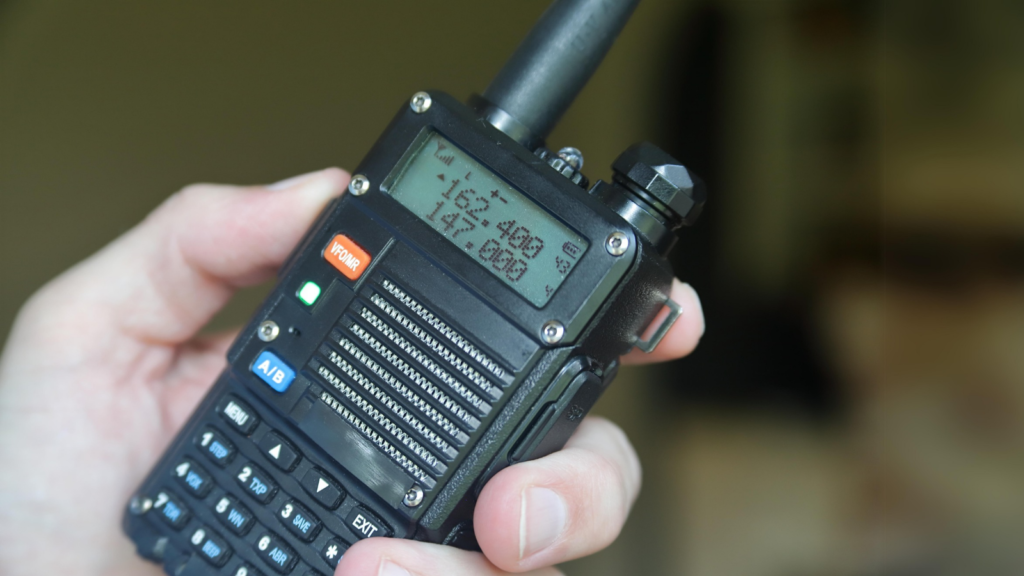
Regular drills can help your family stay prepared. Practice using your emergency supplies, following your communication plan, and setting up quarantine. Adjust your preparations based on what you learn from these practice runs. Remember, a plan is only effective if everyone knows how to execute it. Conduct a full-scale “pandemic simulation” weekend once a year, living entirely off your preps to identify any gaps in your planning.
25 Legendary Hunting Rifles from the Last Half Century

When it comes to picking the “best” hunting rifle, it’s all about what you’re chasing, the features you prefer, and how much you’re willing to spend. Every hunter has their own go-to. But let’s face it—some rifles just stand out. Over the last 50 years, a few have become legends in their own right. I’ve rounded up a selection that spans everything from trusty deer rifles to heavy-hitting big game beasts. Do you see your favorite on the list? Or did I miss one you swear by?
Read More: 25 Legendary Hunting Rifles from the Last Half Century
34 Best Shotguns of All Time
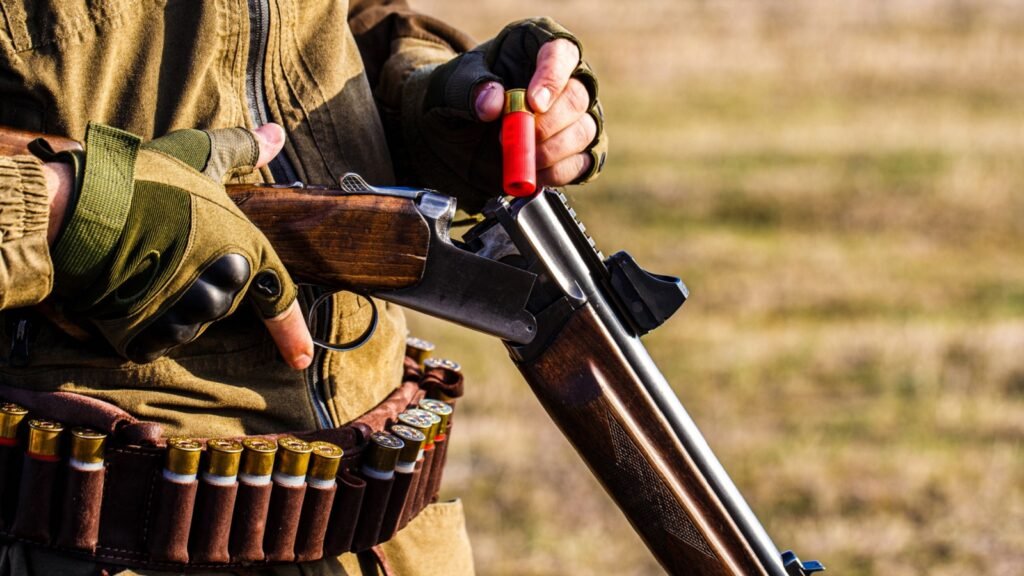
When it comes to shotguns, few other firearms hold such a range of purpose, heritage, and outright dependability. From the grit of the duck blind to the intensity of a skeet range, shotguns have long been the tool of choice for hunters, competitors, law enforcement, and home defenders alike. Some shotguns on this list helped define their category; others redefined it.
Read More: 34 Best Shotguns of All Time
24 Best Rifles Under $1200 for Preppers, Hunters, and Homesteaders

When it comes to preparedness, a reliable rifle is worth its weight in gold. Thankfully, you don’t need to empty your wallet to get a solid firearm that’ll stand up to the elements and perform when you need it most. Mid-priced rifles offer the perfect balance of affordability and quality, giving you confidence whether you’re out hunting, practicing at the range, or prepping for emergencies. After running thousands of rounds through a variety of rifles over the years, here’s my list of top picks that hit the mark for both value and reliability. These rifles each offer serious bang for your buck, whether you’re looking for your first gun or adding to a growing collection.
Read More: 24 Best Rifles Under $1200 for Preppers, Hunters, and Homesteaders

